Chinese President Xi Jinping yesterday pledged an extra $122bn for international infrastructure schemes as part of China’s grand “One Belt, One Road” (OBOR) initiative as leaders and top officials from around the world gathered in Beijing for a summit on the plan.
Launched in 2014 to revive the ancient east-west trade networks known collectively as the Silk Road, the strategy sees high-speed railways, bridges, roads, ports, industrial parks, oil pipelines and power grids now being built from “Mongolia to Malaysia, Thailand to Pakistan and Laos to Uzbekistan”, state news agency Xinhua reported.
“The ancient silk routes thrived in times of peace, but lost vigour in times of war,” Xi said in his keynote address to 29 heads of state, plus heads of the United Nations, the International Monetary Fund and the World Bank.
“We should foster a new type of international relations featuring win-win cooperation,” Xi added, “and we should forge partnerships of dialogue with no confrontation and of friendship rather than alliance.”
European leaders attending included the prime ministers of Spain, Italy, Greece and Hungary, while UK and Germany were among the countries who sent finance or economy ministers. The US delegation was led by Matthew Pottinger, the Trump administration’s National Security Council senior director for East Asia.
Boycott by India
Notably absent from the event was India, which opposes the current flagship OBOR project, the multi-billion-dollar China-Pakistan Economic Corridor (CPEC), a road, rail and pipeline link from China that crosses the disputed territory of Kashmir.
“No country can accept a project that ignores its core concerns on sovereignty and territorial integrity,” the Indian foreign ministry said in a statement, adding that there were concerns about participating countries taking on “unsustainable debt”, The Times of India reported.
Yesterday’s summit, meanwhile, was overshadowed by the fatal shooting of 10 labourers on 13 May, who were working on road projects connected to the CPEC project in southwestern Pakistan’s Balochistan province, where violence committed by separatists is a continuing threat.
India aside, China’s nearest neighbours are enthusiastic about OBOR as it promises to bring unprecedented infrastructure investment and economic development. Commerce Minister Zhong Shan said China would import $2 trillion worth of products from OBOR-participating countries over the next five years, Reuters reported.
“Open to all”
Billions have already been invested in OBOR but President Xi Jinping yesterday pledged an extra $121.7bn in new loans, aid and funding. That figure derived from a promise, reported by Xinhua, to inject an extra 100 billion yuan ($14.5bn) into the existing Silk Road Fund; 380 billion yuan ($55bn) in loans from two policy banks; 60 billion yuan ($8.7bn) in aid to developing countries along the new trade routes; and 300 billion yuan ($43.5bn) to encourage financial institutions to expand overseas financing.
Xi did not say when the extra cash would be spent.
China insists that OBOR will be open to participation from all countries, including Europe, Africa and the Americas, which are not situated on the traditional Silk Road. “No matter if they are from Asia and Europe, or Africa or the Americas, they are all cooperative partners in building the Belt and Road,” Xi said.
The invitation was taken up warmly by UK finance minister Philip Hammond, who said the UK was eager to form new trading relationships in the wake of Brexit.
“This initiative is truly ground-breaking in the scale of its ambition,” he told the summit, adding that it spanned “more than sixty-five countries, across four continents… and it has the potential to raise the living standards of 70% of the global population.”
“The UK can be a natural partner in delivering this infrastructure,” he said.
German unease
Other countries expressed unease with OBOR, however. At the summit, finance ministries from 27 countries were to approve a set of principles to guide project financing, but Germany abstained, saying more transparency was needed, plus assurances that projects would not just be snapped up by Chinese companies.
German minister of economic affairs and energy, Brigitte Zypries, called for greater transparency in tenders, for adherence to international standards, and for the creation of a level playing field for all companies and countries involved. “Germany does want to take part (in the initiative), but tenders need to be open to everyone. Only then will German companies take part,” she said, Reuters reported.
Donald Trump, meanwhile, may have adopted a wary and sometimes combative posture on China, but some big US companies are already cashing in on OBOR-related activity.
General Electric has seen the value of equipment orders from the OBOR zone surge from just $400m in 2014 to $2.3bn in 2016, and the company plans to bid for $7bn worth of sales of power equipment there in the next 18 months, according to The New York Times.
The Times also reports that Citibank is benefitting from OBOR-related activity, having won a contract from Bank of China to handle a complex $3bn bond offering last month to raise money for new branches across Asia, Eastern Europe and East Africa.
Technology company Honeywell International is also selling equipment to Central Asia for processing natural gas, notes the newspaper.
Image: Chinese President Xi Jinping and wife Peng Liyuan with other guests including Russian President Vladimir Putin and the President of Belarus, Alexander Lukashenko, at the Belt and Road Forum for International Cooperation in Beijing, 14 May 2017 (Xinhua/Liu Weibing)
Comments
Comments are closed.





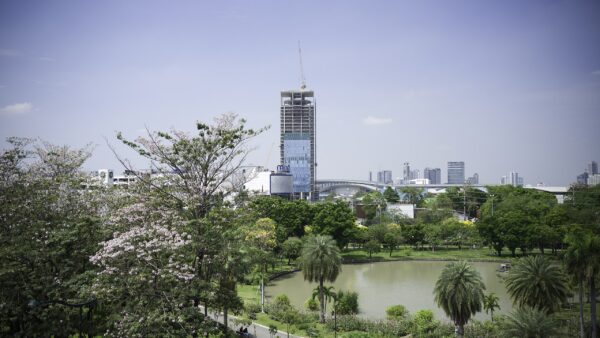

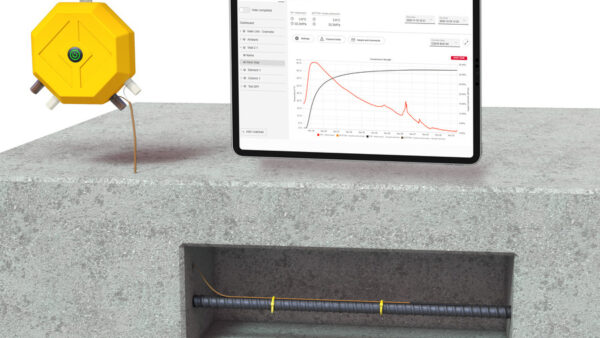
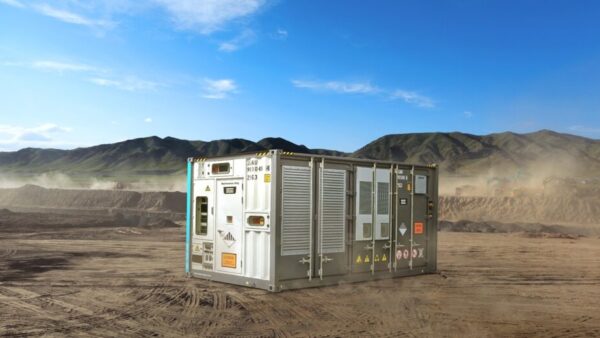
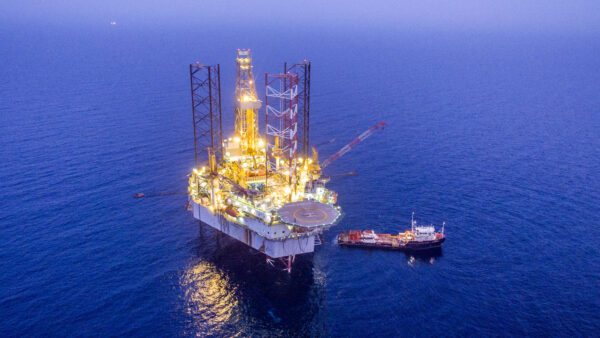
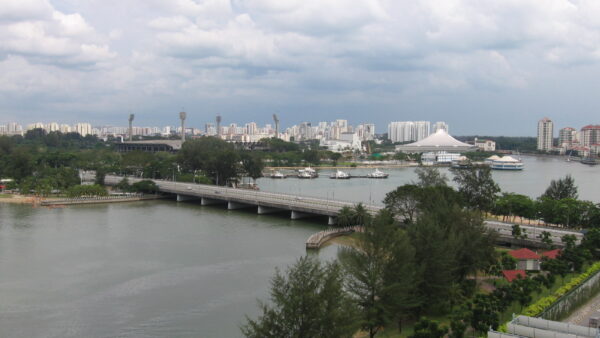
The world has waited a long time for this – since America’s defeat of the British Empire and Alexander Hamilton created an economic system based on extending credit to industeries/infrastructure that grew an economy at a greater rate then the rate of credit costs. This is completely opposed to the British monetary system that uses the geopolitical paradigm to enforce their ancient system (the system of kings). China’s fledgling but correct new paradigm using Hamilton’s ideas complete a process of bringing “the common interests of mankind” into existance where poverty can be eliminated and the earths population can exert their Ingenuity and creativity to solve problems and truly act together toward a common future basic to all cultures. All color revoluations and false flag operations and divide conquer programs are done under the Union Jack.
Indeed, the best news one has heard in 2017. The project will revive the historical trade route between East and West. I am sure it will boost economies and welfare of the countries that shall participate in it.
Wish all participants all success.